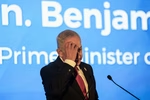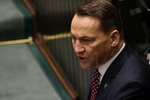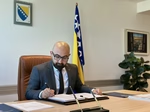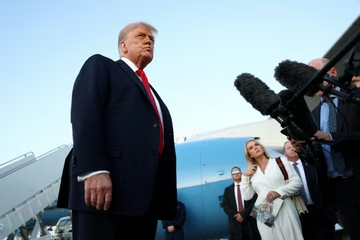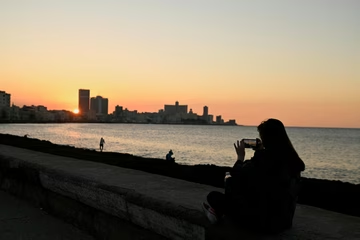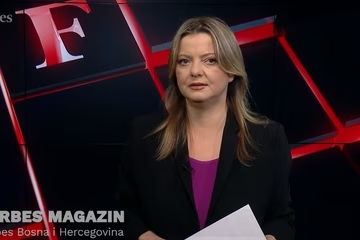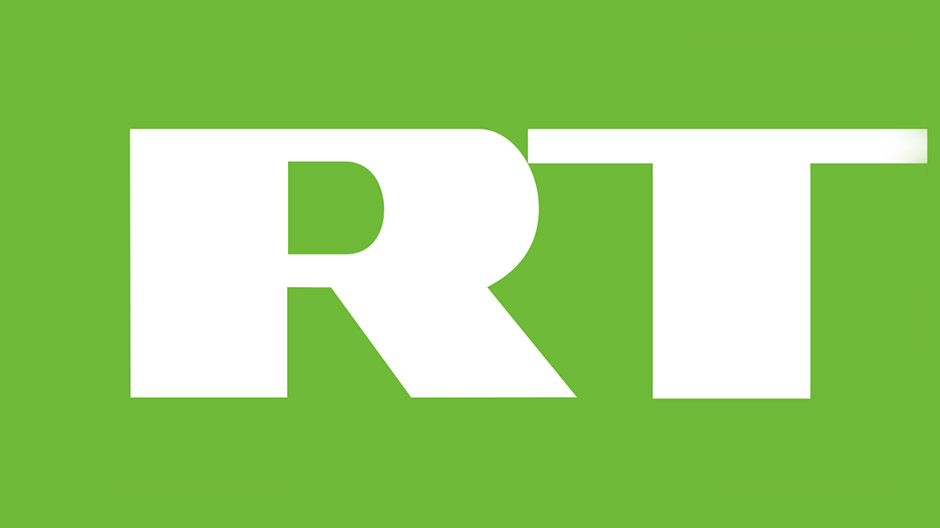
Bosnia must refrain from deepening ties with Russia and make additional efforts to close the space for external influence and manipulation of information - the European Union said in response to announcements that the RT television channel, under Russian state control, could start broadcasting in Bosnia and Herzegovina.
The channel’s broadcasting in the Serbian language in the Republika Srpska (RS) entity was announced on December 15 on Russian state television by Margarita Simonyan, the editor of RT (formerly Russia Today).
The RT channel has been under European Union sanctions since March 2022, when the Russian media agency "Sputnik" was also sanctioned.
In a written response to Radio Free Europe (RFE), the spokesperson of the European Union, Peter Stano, pointed out that BiH "has fully complied with the EU's foreign policy, including decisions on restrictive measures" and that these measures must be applied throughout the country, "including the Republika Srpska entity."
"The EU calls on all relevant political actors in Bosnia and Herzegovina, at the state and entity level, to ensure the full implementation of restrictive measures, including those concerning Russia and Belarus," Stano pointed out.
The Communications Regulatory Agency (RAK) of BiH, which is responsible for issuing licenses for broadcasting TV channels, told RFE that they had not been contacted about this channel and that "no request for a license has been submitted to the Agency."
RAK is headed by Drasko Milinovic, the former general manager of Radio Television of Republika Srpska and former adviser to the President and Prime Minister of the RS.
Bosnia’s Communications and Transport Minister Edin Forto responded to RFE's inquiry by saying that the Ministry "does not have the authority to decide on the entry of anyone into the media market" but they noted that they believe that "in this and other issues, we should have a harmonized policy with the European Union."
The country’s Foreign Minister, Elmedin Konakovic, told RFE that as far as he knows, his Ministry has no formal competence over that process and that it is not known which is the final institution that allows it.
He pointed out that the founders of that channel, if they want to enter the BiH market, must comply with all the legal procedures.
"I am, of course, not happy that a Russian channel is coming, but I don't see that I have any option either to ban it or, if the law allows, to make it problematic at all," Konakovic said.
According to the Law on Foreign Investments of the RS, media businesses are one of the sectors subject to restrictions in case of foreign capital investment.
In order to obtain a permit for investments in this area, foreign investors must contact the RS Government, specifically the Ministry of Transport and Communications.
This Ministry did not respond to RFE's inquiry regarding whether someone approached them with that reason, they did not have a concrete plan in such situations.
A researcher at the Dutch Clingdeal Institute, Wouter Zwers, who dealt with Russia's influence on Serbia, Montenegro, Bosnia and Herzegovina, told RFE that Russia wants to expand the channel of influence to the citizens of BiH.
"RT has a bad reputation for broadcasting Russian propaganda and disinformation, so it will not bring balanced and unbiased reporting to the country," Zwers said.
He added that many European countries have banned access to RT via the Internet, and that they had reasons for doing so. He pointed out that there should be a political discussion in the country on the topic - whether to allow such propaganda channels to enter the country.
Kakvo je tvoje mišljenje o ovome?
Učestvuj u diskusiji ili pročitaj komentare





 Srbija
Srbija
 Hrvatska
Hrvatska
 Slovenija
Slovenija











